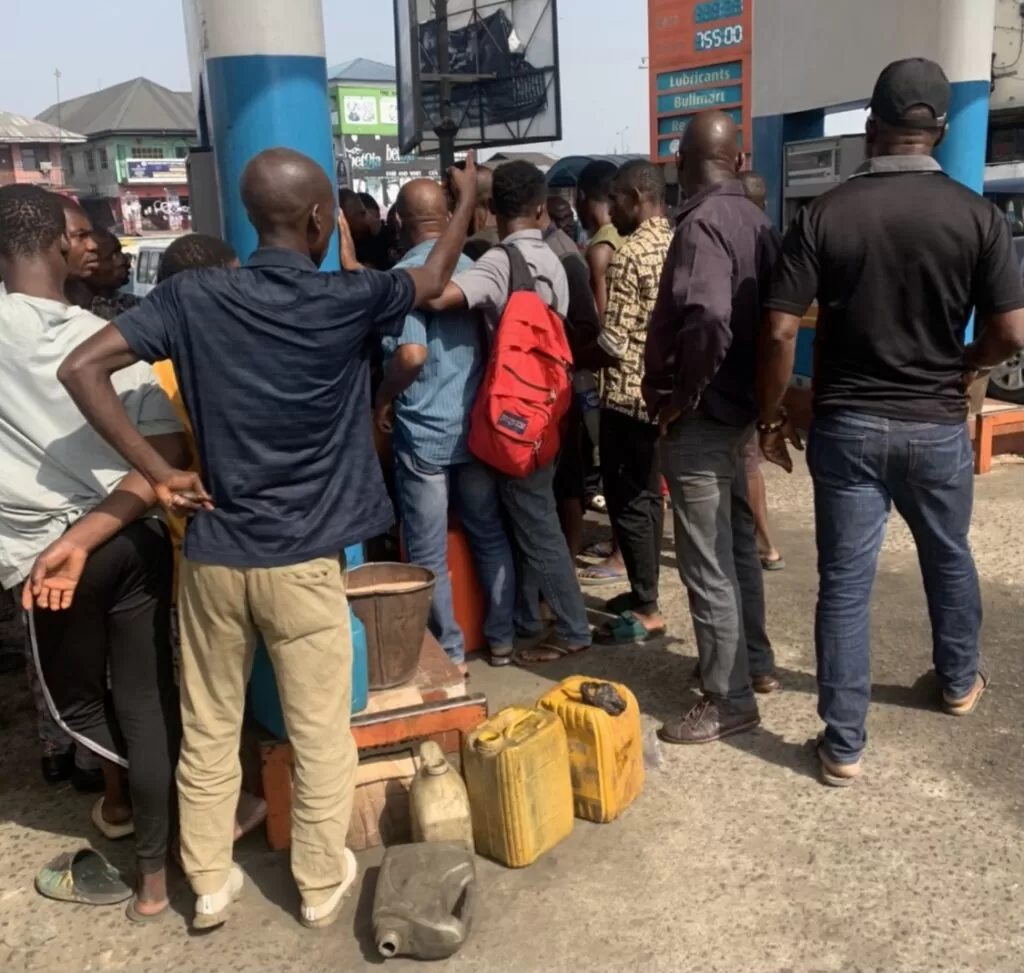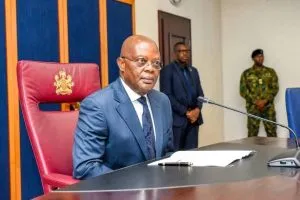Fuel Scarcity Looms in Part of Port Harcourt

Port Harcourt Residents in for a Long New Year's Day 2023 as Fuel Stations Remain Closed
Fuel scarcity looms in Nigeria, particularly in Port Harcourt, as private depot owners have raised the ex-depot price of petrol from 630 Naira to 720 Naira per litre. This has led to long queues at petrol stations and an increase in prices, with some stations selling petrol for as high as 800 Naira per litre. The situation is affecting various parts of the country, including Abuja, Lagos, and Ogun states.
The hike in prices is attributed to the removal of the fuel subsidy by the Nigerian government, which has made petrol more expensive. This has also led to a decrease in daily petrol consumption and an increase in the number of private firms licensed to import petrol.
The situation is likely to have a significant impact on the cost of living in Nigeria, as petrol is a major source of energy for transportation and other sectors of the economy.
In Port Harcourt, fuel scarcity is also a growing concern due to a leadership tussle within the Independent Marketers Association of Nigeria (IPMAN) in the city. This has led to disruptions in the supply chain, with some filling stations selling petrol for as much as N350 per litre. The situation is causing significant inconvenience for residents and motorists in the area.
The fuel scarcity in Nigeria is exacerbated by the fact that the country is still importing about 100 per cent of the needed 50 million litres of premium motor spirit (PMS) five months after the “technical completion” of the Port Harcourt refinery and one year after the commissioning of Dangote Refinery. This has led to long queues at the filling stations selling the product, while most of the filling stations in Akure, the state capital, and some major towns in the state were shut.
The situation has also led to a spike in petrol prices, with some stations reportedly selling fuel as high as N780 per litre. The payment delays underscore the creeping return of fuel subsidies – scrapped in May 2023 – that sap NNPC’s cash for imports and what it can send to President Bola Tinubu’s government. NNPC owes around $6 billion to international traders for imported petrol as traders said the state-owned company is taking more days to make payment instead of within 90 days.
The fuel scarcity is causing significant inconveniences for motorists and commuters. Despite queuing in the early hours of the morning, many motorists are only able to buy a fraction of the petrol they need. The unstable supply of fuel has also led to fluctuations in transport fares, with some transporters hiking the fares by around 20 to 30 per cent in some cities.
The fuel crisis is intensifying in Lagos too, with many filling stations halting their operations, resulting in long queues at the few stations that are selling the product, mostly located on the outskirts of the metropolis. In Bauchi, the fuel crisis has led many filling stations to halt their operations, resulting in long queues at the few stations that are selling the product, mostly located on the outskirts of the metropolis.
The fuel scarcity in Nigeria is a growing concern that is causing significant inconvenience for residents and motorists in the affected areas. The situation is likely to have a significant impact on the cost of living in Nigeria, as petrol is a major source of energy for transportation and other sectors of the economy.





